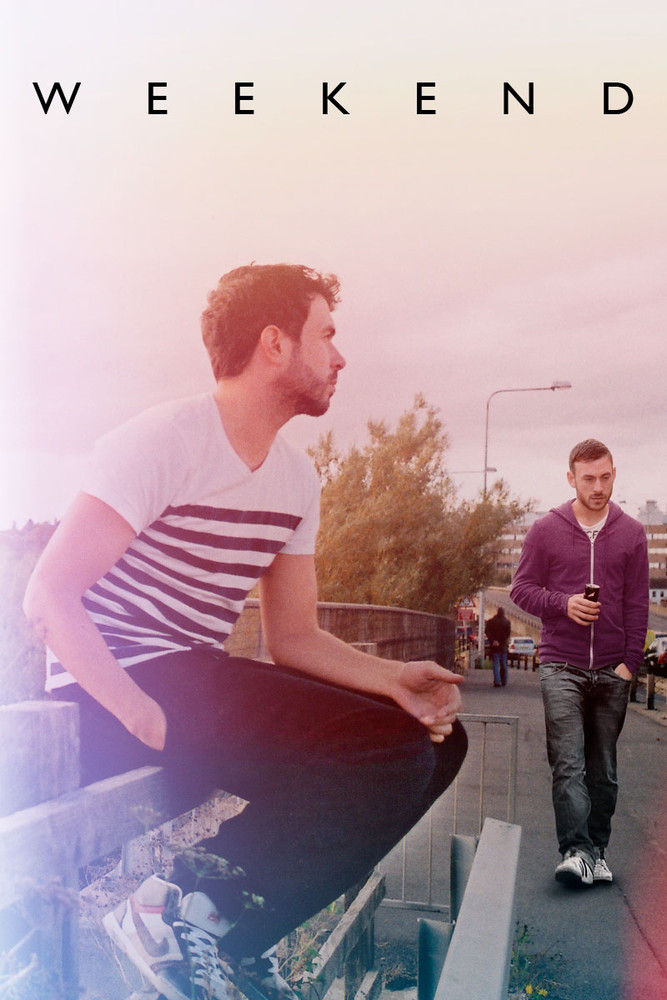
Directed By: Andrew Haigh
Written By: Andrew Haigh
Cast:
Tom Cullen – Russell
Chris New – Glen
Jonathan Race – Jamie
Language: English Genre: Drama; Slice of Life
Weekend is the story of a one-night stand between two men Russell (Tom Cullen) and Glen (Chris New), that leads to something more. The story opens with Russell at his flat, smoking up. He seems to be dressing up to go somewhere but he ends up giving an impression that he wants to delay it, till it’s inevitable. He ends up at his best friend Jamie’s (Jonathan Race) place for dinner. They are very close but he feels out of place either because he’s alone and they are all couples or that they are heterosexual and he has never truly accepted his place in the scheme of things.
He leaves early after making excuses and heads out to a gay bar where he checks out Glen but ends up chatting up someone else. Next day when they awake and Glen foists this art project that he has wherein he asks gay people who hook up for one-night stands to talk about the experience. To him, being homosexual is an identity gay people don’t acknowledge. This becomes rather apparent with the way Russell interacts with people. Interestingly, he too records his sexual encounters with people but does so privately, unlike Glen.
Their conversation, which crosses to the next day, becomes deeply political with its questions on identity, debates on relationships and open acknowledgment. It’s soon apparent that Russell lives non-confrontationally whereas Glen likes to sarcastically and belligerently, bring up his identity as a homosexual forward.
The relationship between Russell and Glen is for the weekend, like an extended one-night stand and this weekend could very well change things for them. The weekend takes them through an intensely emotional experience that gives some insight into how much harder a relationship could be for someone homosexual when society does not recognise or sanction it.
The relationship helps bring out Russell’s ambivalence about discussing his homosexuality with his friend Jamie. It helps bring them closer, because Russell has always closed off that side of his life from his closest friend, who knows that he is homosexual, but it is Russell’s discomfort that stops them from making a normal conversation about it. This becomes quite an interesting tangent to the narrative, for it points out that the general lack of acceptance as well as fascination/disgust from people around them, colours their friendships with heterosexual people.
It also overturns age-old stereotypes about homosexual relationships of who is ‘male’ and who is ‘female’ in it. The fact is that the power dynamics of being male and female (with its associated qualities) are constantly shifting in a homosexual relationship. The shifts occur in heterosexual relationships as well; just that no one acknowledges it.
Since the film with its brief canvas conveys the intensity of a relationship (because at the heart of it, it boils down to the human dynamics of a non-platonic relationship; sex and gender notwithstanding) as well as breaks stereotypes, it is a beautiful film to watch to normalise a relationship that has been needlessly politicised, romanticised and even more frequently, demonised.